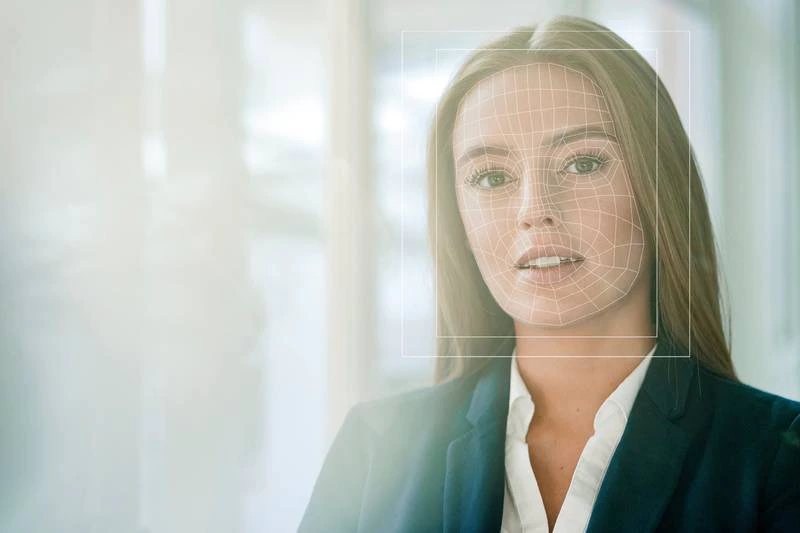Forget credit and debit cards – you can now make payments with your face
25 October, 2021

VisionLabs, a Netherlands-based biometrics technology company, unveiled a payment device that allows consumers to pay for goods with just a look.
The Luna POS device is the “first payment terminal that supports both traditional payment methods while also facilitating transaction authorisation via biometric facial recognition”, the company said on Sunday.
The technology has six design and three utility patents, and runs on VisionLabs' Luna SDK platform, a face-recognition engine that enables the efficient and accurate processing of faces in images and live video streams. It can run on a wide range of devices.
"We introduced our first-generation of Luna POS with no credit card support in 2019 to simply try out the face-based payment process," said Anton Nazarkin, global business development director at VisionLabs.
"It quickly turned out that the adoption rate of this technology exceeded our expectations. We have recorded a conversion rate upwards of 40 per cent to face payments among different types of major national banks and retailers."
The global market for biometric payments has been steadily growing, thanks to the advent of devices that are more accessible to users and more merchants adopting the technology.
The global biometric payment market is estimated to grow to $63.4 billion by 2026, up from $32.4bn in 2020, according to a study by research company Facts & Figures.
Technology companies such as Apple and Samsung have already been using facial-recognition systems to process payments through their Apple Pay and Samsung Pay platforms on their devices, most notably on their flagship iPhone and Galaxy smartphones.
Major economies are also using facial recognition to process payments, including in the US where software company PopID unveiled its contactless method in 2020.
In China, payments company Alipay signed up more than 100 million people to its face-payment platform in 2019 while commuters in the subways of Guizhou province can also use the technology to pay their fares.
Adoption rates are also growing in the UAE. A recent Mastercard survey revealed that 97 per cent of consumers plan to use at least one new method of digital payment.
In August, Abu Dhabi Islamic Bank became the first UAE lender to adopt facial-recognition technology for account openings.
While some banks are already using smartphone-supported facial recognition to authenticate online payments, VisionLabs believes that this is not enough to satisfy growing consumer demand for safer and more secure contactless payment methods.
The Luna POS was created in direct response to the Covid-19 pandemic, which radically hastened the shift to biometric contactless payments, the company said.
The number of users securing payments via software-based facial recognition will exceed 1.4 billion globally by 2025, up from 671 million in 2020, the company said.
While the main feature of the Luna POS is its biometric recognition, users can still opt for traditional methods such as chip and magnetic stripe cards, as well as standard contactless payments that use near-field communication.
The Luna POS terminal scans the customer’s face but its security is two-pronged: it will never save facial data and or capture it without the consent of the customer and authorisation from the terminal operator, VisionLabs said.
The facial template is sent to the payment service provider or bank for identification, where VisionLab’s algorithm identifies whether the customer is who they say they are.
The algorithm then determines whether the transaction succeeds or fails, the company said.
"We pushed ourselves to the limit in designing a unit that not only meets our strict requirements as a best-in-class facial recognition solutions vendor but also implements the highest security standards that exist in the payments industry," Mr Nazarkin said.
Source: www.thenationalnews.com
TAG(s):
